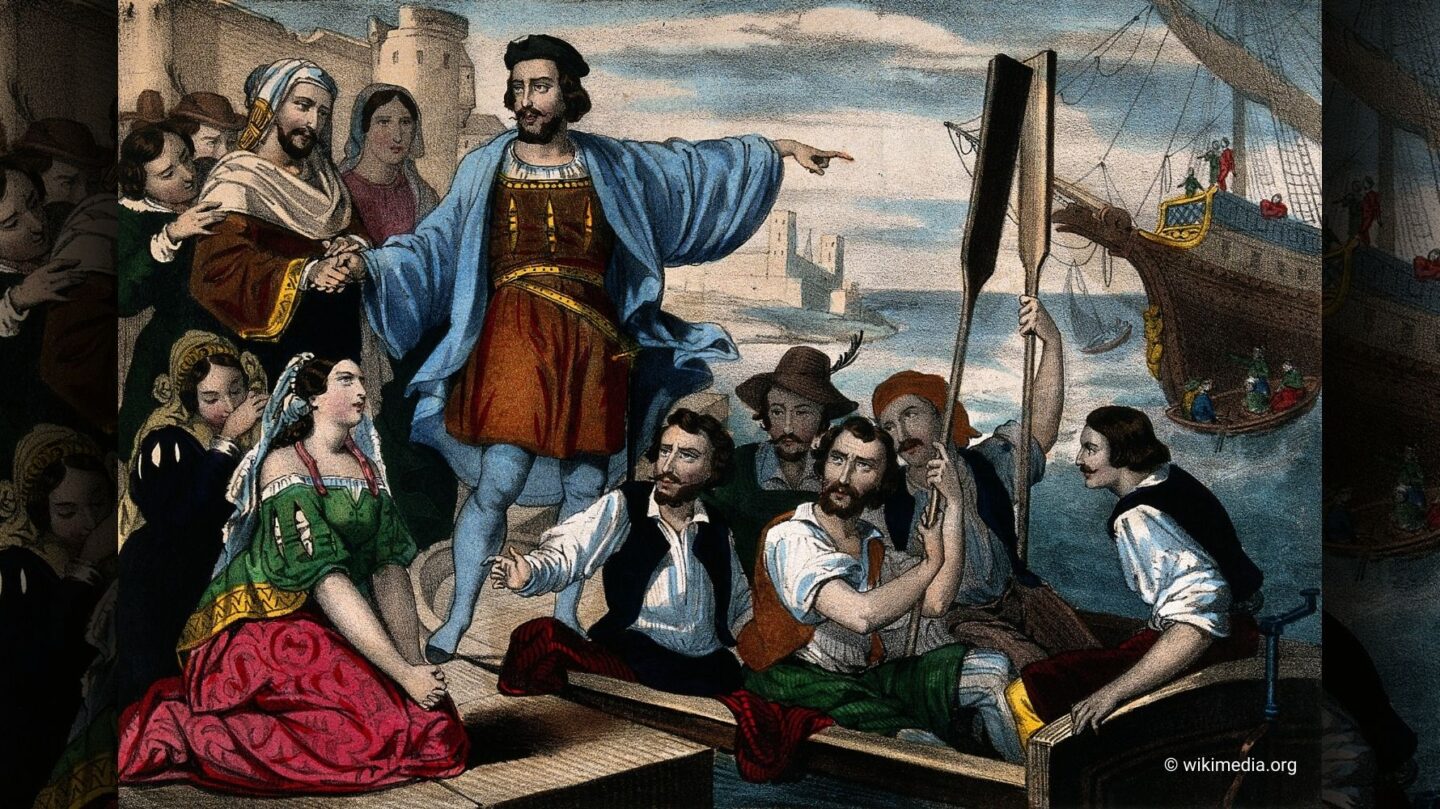Beyond Columbus: Uncovering the Hidden Voyages
Christopher Columbus is often credited with “discovering” America in 1492, but historical evidence suggests that other explorers reached the Americas long before his famous voyage. While Columbus’s journey was pivotal in establishing sustained contact between Europe and the New World, several groups of explorers likely set foot on the continent centuries earlier. These forgotten pioneers offer a fascinating glimpse into the early history of transatlantic exploration.
The Norse Vikings: The First Europeans in America
The most well-documented pre-Columbian explorers of America are the Norse Vikings, led by Leif Erikson around 1000 CE. Erikson, the son of the famed Norse explorer Erik the Red, sailed from Greenland to a land he called “Vinland,” believed to be in modern-day Newfoundland, Canada.
Archaeological evidence from the site of L’Anse aux Meadows in Newfoundland supports the presence of Norse settlers. The remains of a small settlement, complete with sod huts and tools, reveal that the Vikings established a temporary colony. They likely engaged in limited trade with Indigenous peoples but abandoned the site after a few years, possibly due to harsh conditions or conflicts.
The Viking exploration of America remained largely forgotten for centuries, overshadowed by later European expeditions.
The Irish Monk Legend: St. Brendan’s Journey
Irish legends tell of St. Brendan, a 6th-century monk who supposedly sailed across the Atlantic in search of the “Promised Land of the Saints.” According to the Navigatio Sancti Brendani, an account of his voyage, Brendan and his companions traveled westward, encountering strange islands, sea creatures, and fiery mountains—details that some interpret as descriptions of volcanic activity and icebergs.
While there is no concrete evidence to confirm Brendan’s journey to the Americas, the legend has inspired speculation that Irish monks could have reached the New World centuries before Columbus. The story reflects the adventurous spirit of early medieval seafarers.
The Polynesians: Crossing the Pacific
Evidence also suggests that Polynesian explorers, known for their extraordinary navigation skills, may have reached the Americas long before European explorers. Similarities between Polynesian and South American sweet potatoes, a crop native to the Americas, indicate contact between these distant cultures. Genetic studies have found Polynesian DNA in Indigenous peoples of South America, further supporting this theory.
The Polynesians, using sophisticated double-hulled canoes and navigating by the stars, could have crossed the vast Pacific Ocean and made contact with South American cultures as early as 1000 CE. While these interactions were likely sporadic, they challenge the notion of America as an isolated continent before Columbus.
The Chinese Connection: Admiral Zheng He
Some theories propose that Chinese explorers, led by Admiral Zheng He during the Ming Dynasty, may have reached the Americas in the early 15th century. Zheng He’s treasure fleets were known for their size and range, traveling as far as East Africa. While no definitive evidence links Zheng He to the Americas, some historians believe that Chinese knowledge of the Pacific Ocean could have facilitated transoceanic voyages.
Why Are These Explorers Forgotten?
Unlike Columbus, whose voyages ushered in sustained European colonization and trade, earlier explorers left little lasting impact on the Americas. Their expeditions were often temporary, with minimal interaction or influence on Indigenous cultures. Additionally, historical records of these journeys were scarce or lost over time, leaving their achievements overshadowed by Columbus’s well-documented arrival.
Rewriting History
The forgotten explorers who reached America before Columbus remind us that history is rarely as simple as it seems. Their stories challenge traditional narratives and highlight the ingenuity and bravery of seafarers from diverse cultures. While Columbus’s voyages remain significant, acknowledging these earlier explorers enriches our understanding of the complex history of human exploration and cultural exchange.
